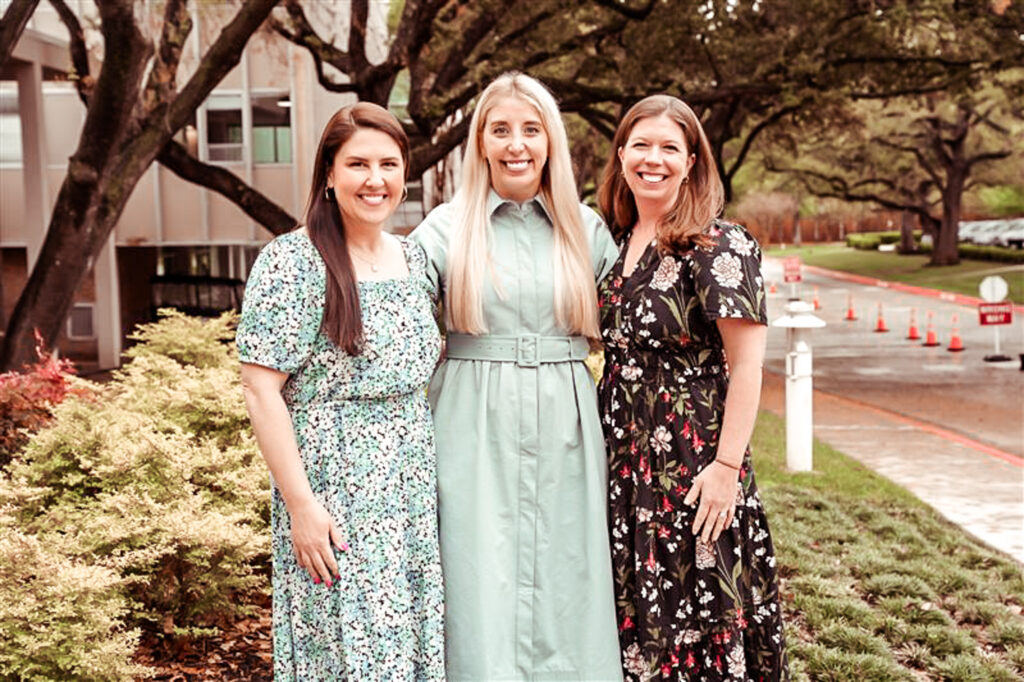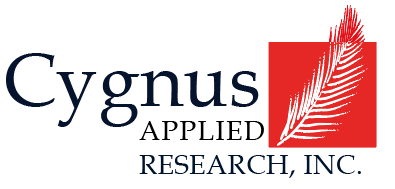The 2025 Alumnae & Donor Engagement Survey
About the Project
Watch: Community Presentation | AHAs & Implications Recording
Download: Community Presentation Slides | Executive Summary

The goal of this research was to gain better insight into the attitudes, opinions, and expectations of sorority alumnae members and donors, and assess how to increase alumnae affinity and engagement.
The 2025 survey gathered the impressions and opinions of sorority alumnae and donors on a wide range of topics, including:
- Perceptions and awareness of sororal operations and fundraising.
- Current alumnae engagement levels and barriers to connection.
- Members’ affinity and connection to different sororal branches.
- Willingness to participate in sororal life after graduation through conferences, events and volunteering.
- Communication preferences and their impact on member engagement and giving.
- Responsiveness to various fundraising appeals and their influence on acquisition, retention, and donor upgrades
Additional Context: The 2025 Alumnae & Donor Engagement Survey is the fourth iteration of the study, building on previous research from 2011, 2015 and 2020.
Insights at a Glance
- We can’t inspire them if we can’t reach them.
- Slightly more than 80% of respondents are interested in receiving information and updates from their organization, with only 2.8% not wanting communication. In general, alumnae feel the amount of content they receive by mail and email is “about right.”
- Roughly half of all respondents express interest in receiving communications by mail, with younger graduates only slightly less inclined.
- While younger graduates show a stronger preference for text messaging and social media, email remains the primary communication method for members across all age groups; Gen Z desires “no communication” more than other age groups.
- For some organizations, as many as 29% of the emails provided for the survey were invalid or bounced.
- Connection is the heartbeat of sorority.
- Generally speaking, members want to connect with their sorority, more specifically, they want to connect with other individual sisters. The sense of overall connection doesn’t change much with age, meaning that connection to the sorority overall is set fairly early in the membership experience.
- Volunteers and foundation donors report a higher connection to their sorority than other members.
- The top two reasons a member might be disconnected from their sorority is the distance from their collegiate chapter or that they only hear from their organization when being asked for money.
- The data shows that events (of any kind) are a strong driver for alumnae connection. The sense of connection after attending an event increases most significantly after a large national event like convention, but also through smaller local events.
- Members are very interested in updates about their chapter and fellow alumnae, and these are the two areas where we are least effective at delivering content. The data shows content effectiveness has been on the decline since 2015.
- Members want options, not just obligations.
- To engage members, we need to offer experiences beyond traditional volunteer/officer roles. The sense of “duty” to pay dues or stay involved no longer resonates with our younger members. It’s time to add more variety, particularly because Gen Z is telling us they are willing to participate in events if we offer them new and creative options.
- Outside of events, alumnae who engage with our publications think we send the right amount of communications, and readership numbers are up from 2020.
- The sense of obligation alumnae feel toward their sorority varies widely. And as follows the other trends in the study, Gen Z alumnae feel less pride in their sorority, but a greater responsibility to support their sisters than other generations.
- Our case for engagement needs a jump start.
- 47% of non-donors say they don’t intend to give to their sorority foundation because other causes are higher priorities.
- When it comes to volunteering, 21.7% of non-volunteers reported they would be likely to volunteer with their organization in the next 12 months, and 39.3% reported “don’t know.”
- Alumnae feel that programming that supports collegians is important, with recent graduates recognizing the value of these initiatives more than other groups.
- While alumnae say they are interested in supporting this work, they aren’t necessarily sure if the organization is providing these opportunities or whether they are successful at it. The data indicates that awareness of both programs, and programmatic needs, has declined since the 2015 survey.

Our Research Partner: Jeff Dubberley, Cygnus Applied Research
Jeff Dubberley is Vice President of Cygnus Applied Research, where he leads a team dedicated to driving member engagement and fundraising performance using informative surveys and rigorous data analysis. With over 20 years of consulting experience, Jeff is privileged to have directed four national studies on behalf of the Foundation for Fraternal Excellence, the 2025 edition being the largest survey ever conducted of fraternal alumni and giving.
He has worked with more than fifty nonprofit and membership organizations – including Harvard Business School, the YMCA, the American Red Cross, and five major metropolitan children’s hospitals – using data-driven insights to deepen alumni and donor connections and elevate fundraising results. His models and research have driven multi-million-dollar revenue gains and informed donor-centered strategies across higher education, healthcare, and membership sectors. His experience in translating complex data into clear strategies ensures organizations can use data to strengthen bonds with their members while driving sustainable fundraising growth.
Methodology
Quantitative (Feb.-Jul. 2025): 38,902 sorority alumnae and donors completed at least one full section of the online survey questionnaire, with more than 50% completing multiple sections.
- Data analyzed from 38,902 alumnae and donors from 20 NPC sororities
- Across the 20 participating sororities, individual response rates ranged from 1.2% to 4.9%*
- Among donors who have contributed to their sorority foundation since 2020, the survey response rate was 8.7%**
- Among donors with a history of contributing $1,000 or more to their foundation since 2020, the response rate rose to 20.0%**
*Overall participation rates are calculated using valid email address supplied to Cygnus. A respondent must have completed at least one full set of survey questions and provided demographic information to be considered a participant.
**Donor participation rates are based on the foundation’s number of donor records with email addresses.
Resources
If you reference any data from this project, please use the following citation:
2025 Alumnae & Donor Engagement Survey by Cygnus Applied Research, partially funded through the Amplifying Sorority Campaign.
Community Resources
- Community Presentation Recording
- Community Presentation Slides
- Executive Summary
- AHAs & Implications Recording

